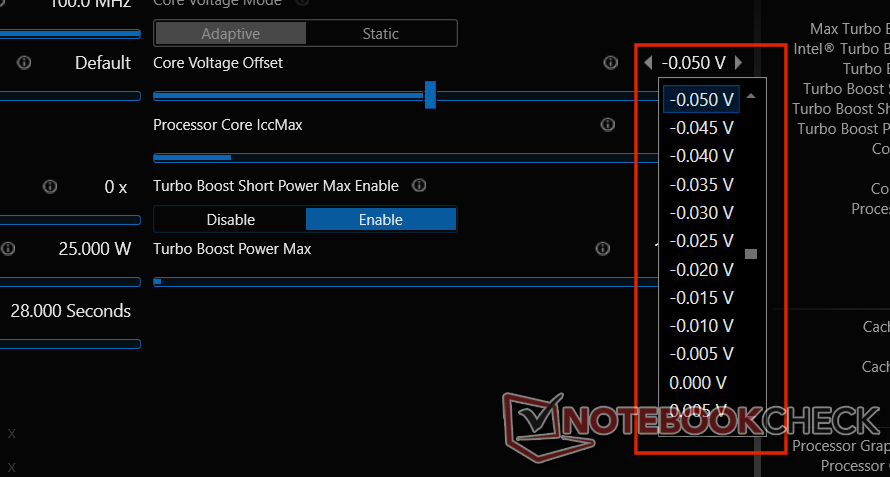

Technically, yes, it does void the warranty of your CPU and GPU since you're exceeding the processor's default specs. Furthermore, CPU and motherboard manufacturers often build with overclocking in mind, producing special hardware that suits overclocking. Processors and graphics cards are now much more capable of handling heat because cooling systems have improved over the years. Overclocking is not as dangerous as it once was. However, if your CPU fails to boot, you can reset your BIOS settings to get things back to factory defaults. All the CPU and GPU overclocking software we covered here lets you reset your overclock settings at the press of a button. In most cases, overclocking is easily reversible. Regardless, you should always watch your CPU temperature while overclocking to ensure heat doesn't throttle its performance. Is Overclocking Safe?īoth CPU and GPU overclocking are much safer than they used to be a few years ago when cooling systems weren't as efficient as they are today.

Let's look at answers to a few questions people frequently ask about overclocking their CPUs and GPUs. Frequently Asked Questions About Overclocking


 0 kommentar(er)
0 kommentar(er)
